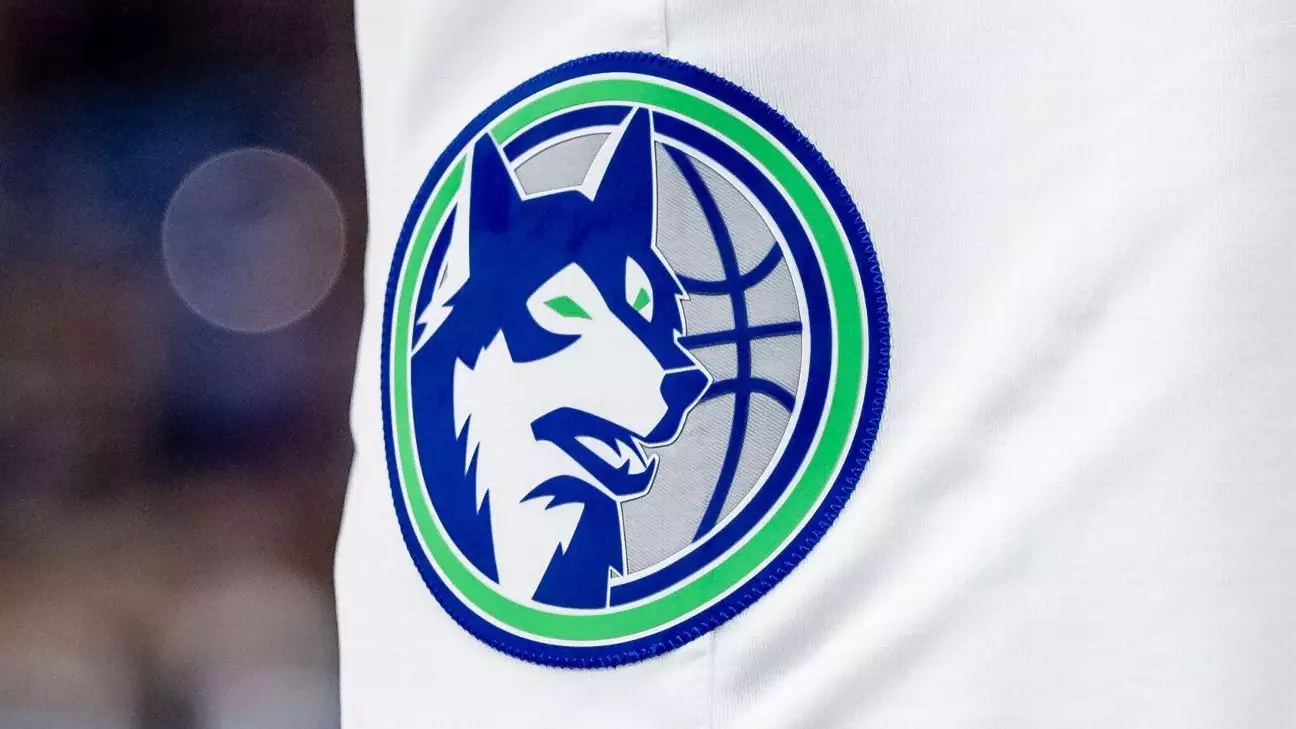The Minnesota Timberwolves franchise is at a critical juncture as a recent arbitration decision has paved the way for prospective new owners Marc Lore and Alex Rodriguez to advance their bid to become the majority owners of the team. In the world of professional sports, ownership disputes can be both complex and contentious, and this particular case highlights the intricate dynamics at play within the NBA. This article delves into the implications of the arbitration ruling and explores the potential future of the Timberwolves under new management.
On Monday, a three-member arbitration panel reached a controversial decision in favor of Lore and Rodriguez, indicating that current owner Glen Taylor had breached the existing sales contract. This ruling was pivotal because it reignites the dynamics of franchise ownership and sets the stage for a critical vote among the NBA Board of Governors. The arbitration centered around an alleged missed deadline for a $600 million payment that Lore and Rodriguez interpreted differently from Taylor, thus sparking a legal confrontation that culminated in November’s weeklong hearing.
This decision offers Lore and Rodriguez a renewed opportunity to solidify their claim to the team, enabling them to complete the purchase process, which is rumored to involve substantial financial backing from high-profile investors like Michael Bloomberg and Eric Schmidt. Their readiness to bring in additional funds, having already committed over $500 million for initial shares, showcases their intent to not only acquire the team but also invest significantly in its future.
However, the road ahead is fraught with challenges. Before Lore and Rodriguez can officially take over, they need the approval of at least 23 of the 30 current NBA governors. While the vote is typically seen as a formality, the situation is complicated by the lingering animosity from Taylor, who has been part of the NBA fabric as owner since 1994 and has significant connections within the league, including a long-standing relationship with NBA Commissioner Adam Silver.
The presence of opposition from Taylor creates a unique scenario in which the board not only has to assess the merits of the sale based on financial parameters but must also navigate the intricate interpersonal relations that define the NBA’s ownership landscape. Lore and Rodriguez have been proactive in their lobbying efforts, meeting with other owners to garner support, but whether these efforts will translate into a successful bid remains uncertain.
The valuation of NBA teams has skyrocketed in recent years, raising questions about the $1.5 billion price tag agreed upon in 2021 for the Timberwolves. Comparisons to more recent sales, such as the Phoenix Suns for $4 billion and the Charlotte Hornets for $3 billion, indicate that Taylor’s original agreement may now be significantly undervalued. This gained momentum for Lore and Rodriguez’s case, as higher valuations across the league suggest that selling the team now would yield returns far greater than what Taylor originally expected.
This changing market landscape adds another layer to the ongoing dispute and forces a reassessment of the motives behind the sale. Taylor’s history of pulling the Wolves off the market and citing reasons relating to team morale and personal health reflects a hesitance to fully relinquish control. Despite the positive public relations narrative, Taylor’s complex emotional and financial motivations cannot be understated.
The Future of the Timberwolves Under New Ownership
Lore and Rodriguez have set ambitious goals for the franchise. They have expressed their desire to win championships for fans and improve community engagement in Minnesota. These aspirations resonate deeply with a fan base that has long sought respect and competitive success within the NBA.
However, the transformation of the Timberwolves will not merely hinge on ownership. The incoming leadership will likely need to overhaul team strategies, coaching structures, and player acquisitions to establish a winning culture. The pressure to deliver immediate results will be significant, as the lore of “what could have been” under previous leadership contends with the realities of managing a professional sports franchise.
Ultimately, as the Timberwolves stand on the brink of a significant transition, all eyes will be on the interactions between current ownership and the prospective new leaders. The intricate dance of ownership, financial nuances, and the high stakes of franchise performance will shape the Timberwolves’ trajectory for seasons to come. The upcoming vote will not only impact the team’s future but will also echo through the larger NBA landscape, defining ownership dynamics in the years ahead.


Leave a Reply